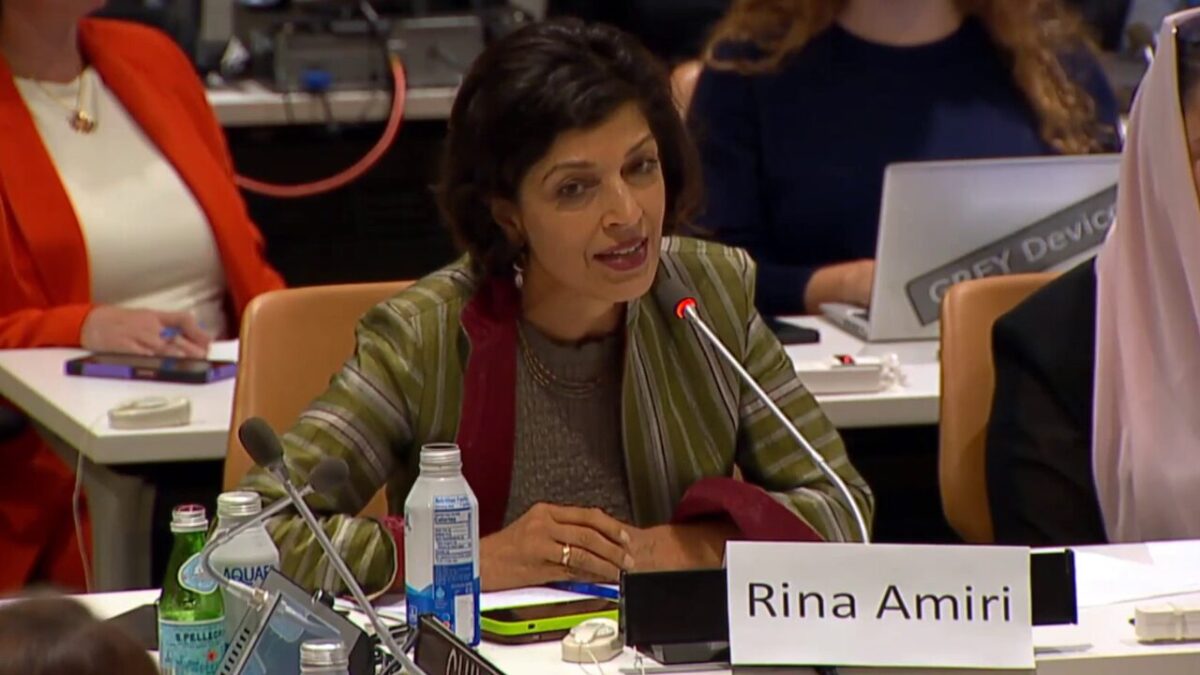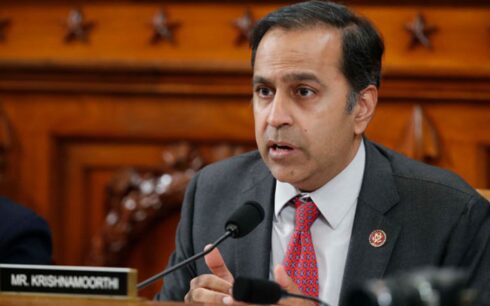Rina Amiri, the U.S. special envoy for Afghan women and human rights, has highlighted the severe mental health crisis facing Afghans, particularly women and girls, due to the Taliban’s “alarming and extreme” policies.
Her remarks came in recognition of World Mental Health Day.
“On this World Mental Health Day, I want to draw attention to the devastating mental health crisis faced by Afghans, especially women and girls, due to the Taliban’s alarming and extreme policies,” Amiri wrote on X. “We must all be resolute in supporting them in the struggle for their rights.”
Since regaining power in August 2021, Taliban have imposed numerous restrictions on civil and human rights, with a particularly harsh impact on women and girls.
According to a recent report by the United States Institute of Peace, the Taliban have issued over 118 decrees targeting women and girls over the past three years. These directives have banned girls from attending school, barred women from working, and restricted their access to higher education and even public spaces.
The U.S. Institute of Peace’s analysis also noted that the Taliban’s recent Amr bil Maroof (Commanding Right and Forbidding Wrong) law leverages religious justification to bolster what it calls an “oppressive rule,” further deepening the plight of Afghan women and girls.





